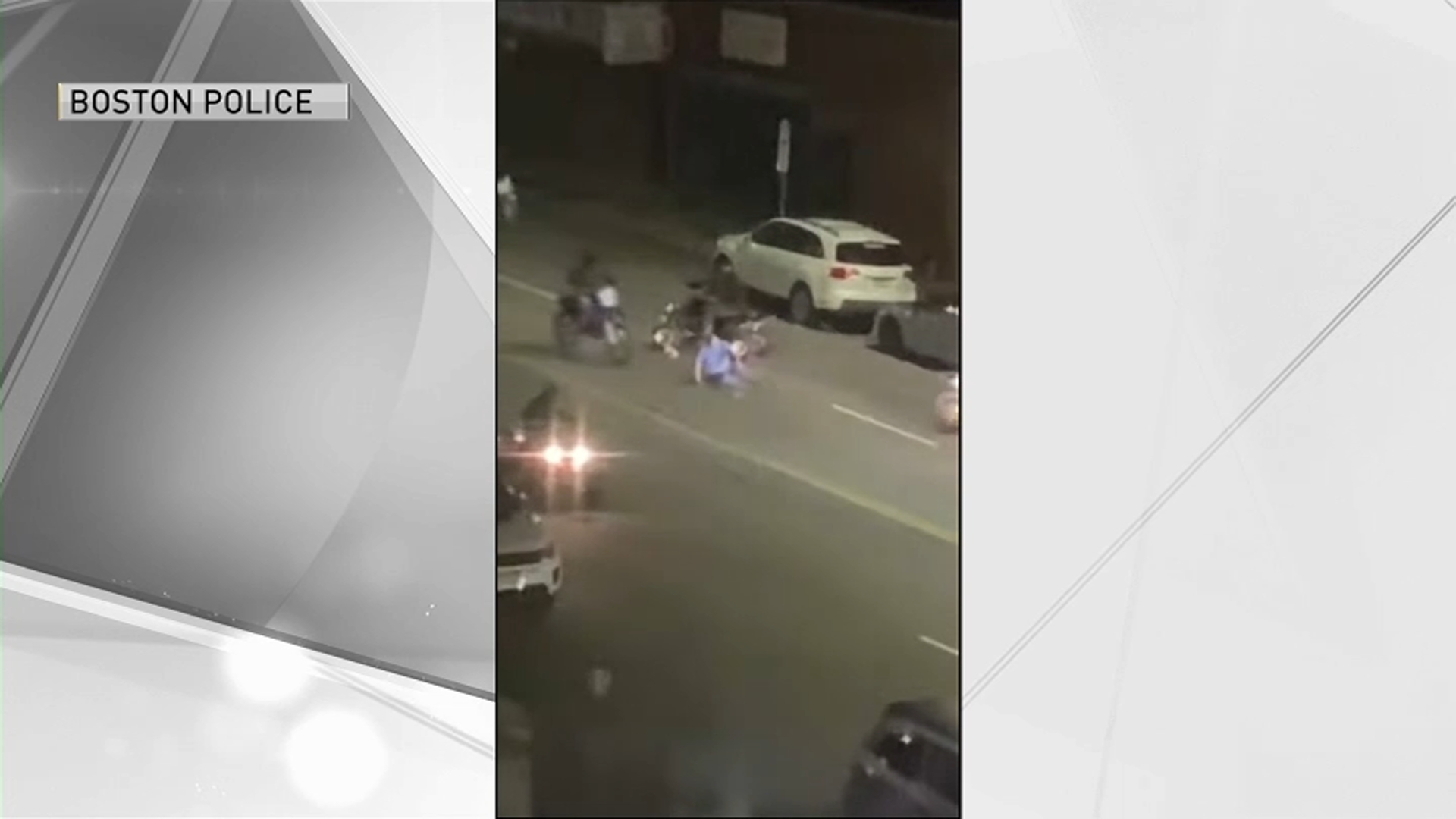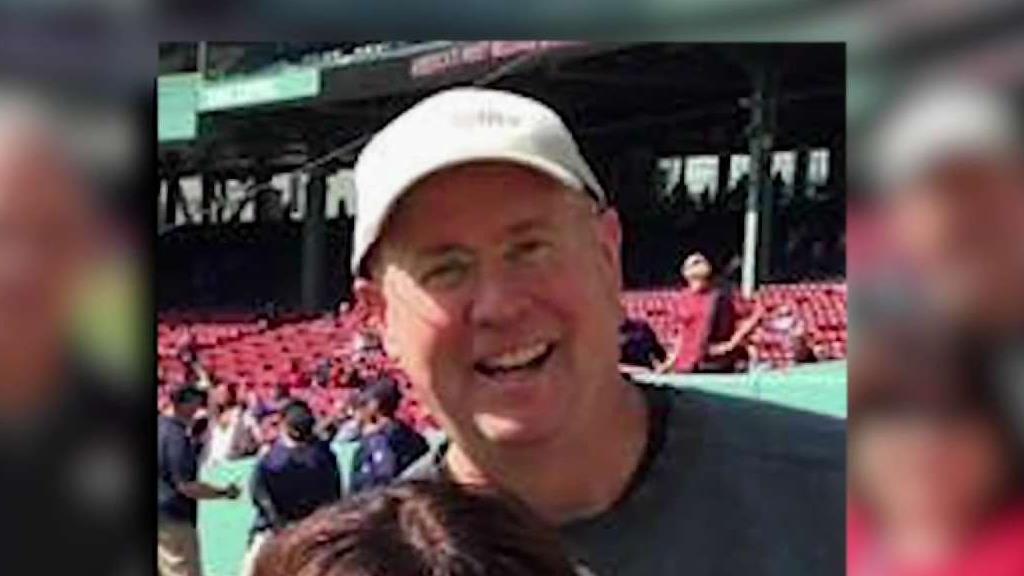A 240-bed field hospital will be re-established at the DCU Center in Worcester and is expected to be operational, if needed, by the first week in December, Gov. Charlie Baker said Friday as coronavirus case counts continue to climb.
Baker said the 661 patients hospitalized with confirmed COVID-19 cases as of Thursday is more than double the 178 hospitalizations as of Labor Day, and that case growth and hospitalization trends have been heading in the wrong direction since the end of summer.
"We've learned a lot about this virus since last spring, but we still have a long way to go, and at the end of the day, the tools we put together only go so far," Baker said. "We can only set up so many extra beds. Every single person in Massachusetts needs to appreciate their role in dealing with the spread of this virus."
Along with the DCU Center facility, Baker said hospitals are able to make available about 400 additional beds on their own, and the Massachusetts Emergency Management Agency is continuing to discuss other potential field hospital sites.
He said more than 700 patients were served at field hospitals in Boston and Worcester over the spring, and three other sites that were set up were ultimately not used.
The governor said there is a "growing base of evidence" nationally that the uptick in cases and hospitalizations is driven in large part by "what I would call the individual acts of many people engaged in familiar activity, on a casual basis, with people they're familiar with."
Get top local stories in Boston delivered to you every morning. Sign up for NBC Boston's News Headlines newsletter.
"The trajectory now is sustained and troubling, and everybody needs to step up and help ensure that we get our arms around this," Baker said. "People need to understand the time is now. This is real."
"I can't emphasize enough how important it is -- and I know it sounds like I'm lecturing, and I probably am -- but how important it is for people to truly wrap their head around this concept that the innocent act of small gatherings is where COVID is finding its greatest opportunities to spread," he said.
Baker said earlier this week that Massachusetts is better poised to handle the surging coronavirus cases than it was in the spring, but he urged residents to stay vigilant.
"We're nowhere near the uncharted territory we were at in the spring. Nowhere near it," he said Thursday. "We're definitely dealing with a surge that we talked about throughout the summer and the beginning of the fall."
The state's ability to identify cases and conduct contact tracing puts Massachusetts in a strong position to deal with a second surge, Baker said. Massachusetts conducts more tests per capita than any other state in the country at some 80,000 to 100,000 test per day, he added.
Another 21 people confirmed to have coronavirus died in Massachusetts, health officials said Thursday, bringing the total to 10,015.
The number of people infected with COVID-19 stands at 174,953, with 2,482 new cases reported by the Massachusetts Department of Public Health. Cases have been surging in the state lately, with health officials reporting single-day case in the last few weeks that haven't been seen since the tail end of the first coronavirus surge. The percentage of coronavirus tests coming back positive, on average, remains at 2.9%.
The number of patients hospitalized for COVID-19 has increased to 661. Of that number, 151 were listed as being in intensive care units and 68 are intubated, according to the Department of Public Health.
State House News Service contributed to this report.



